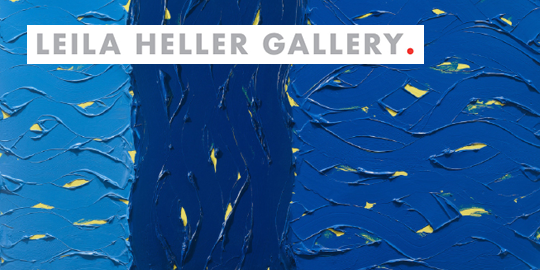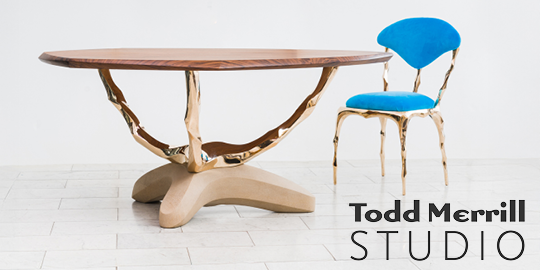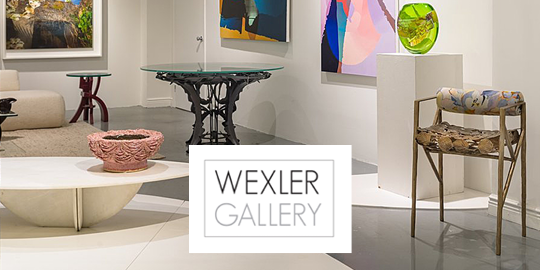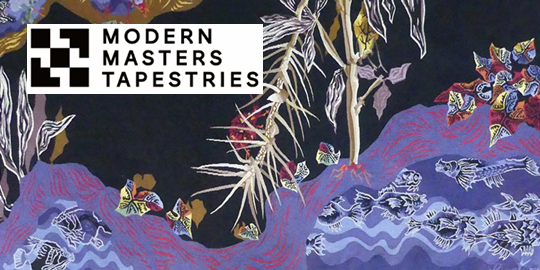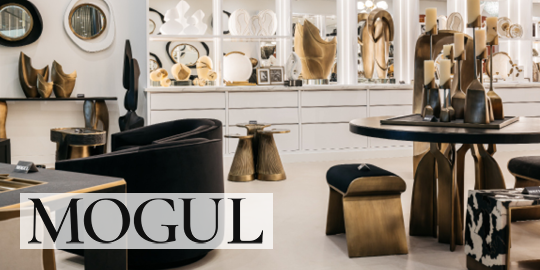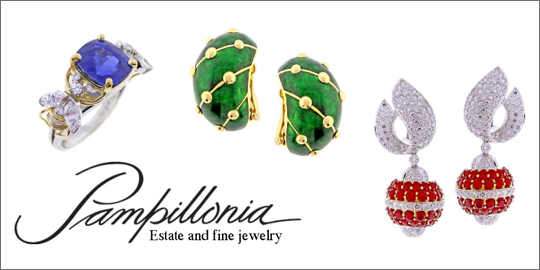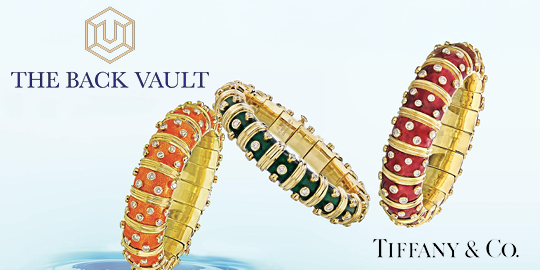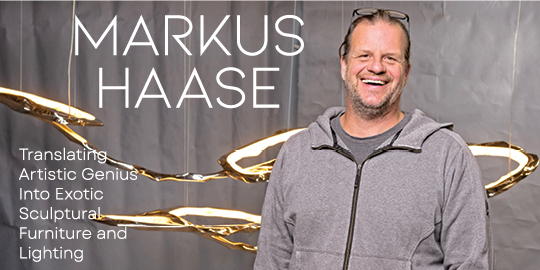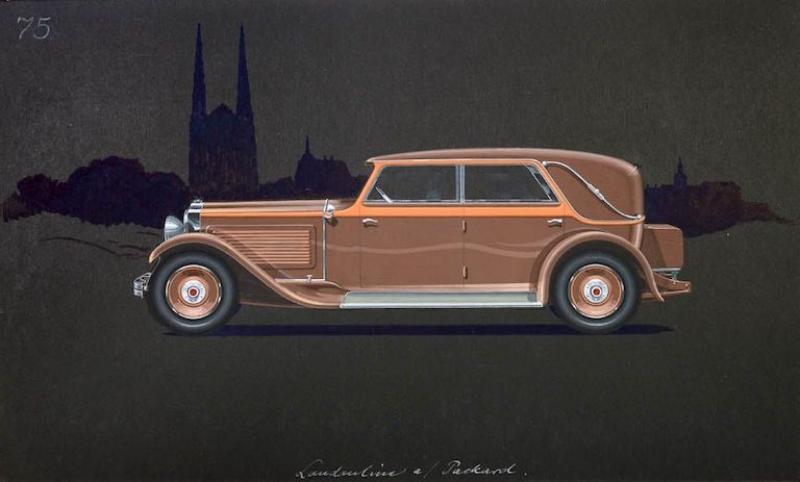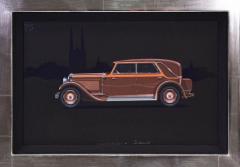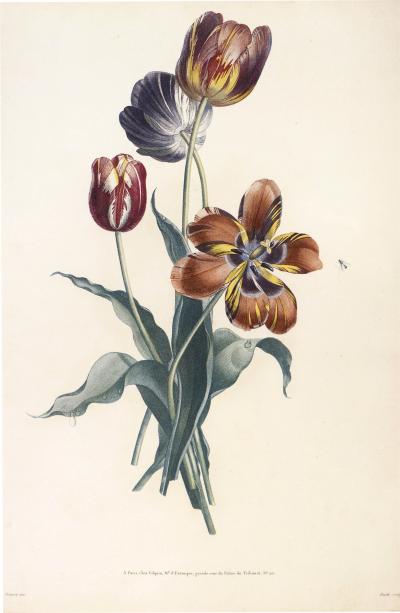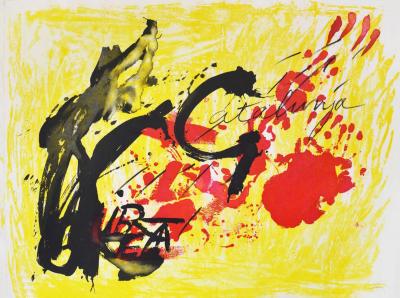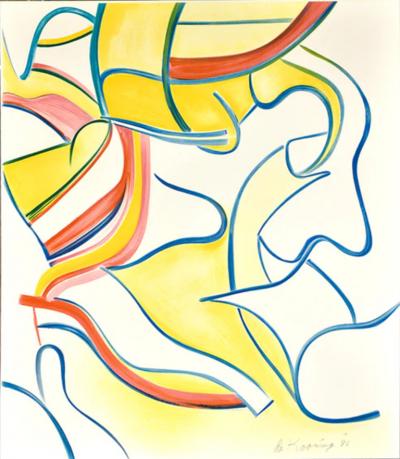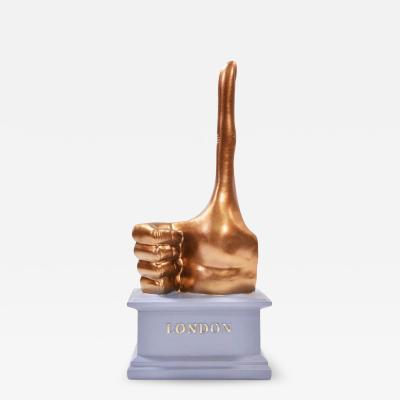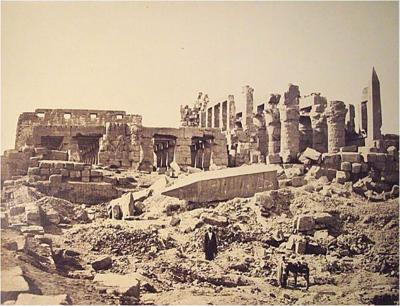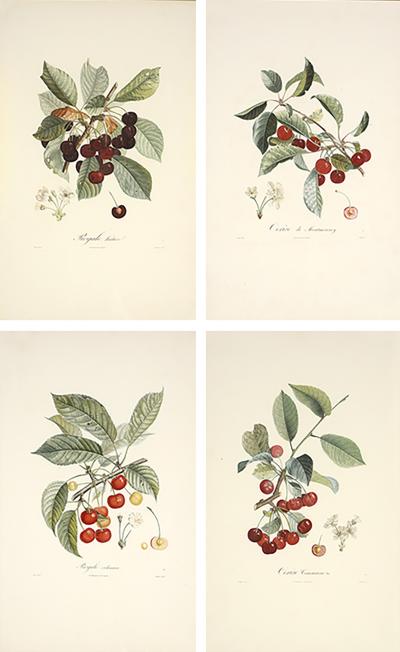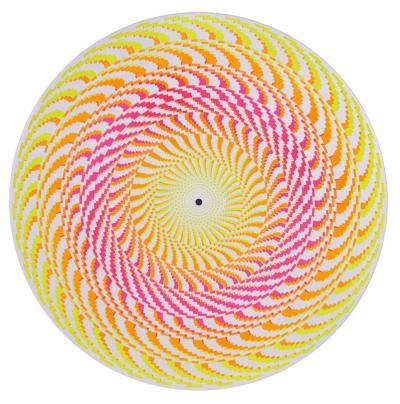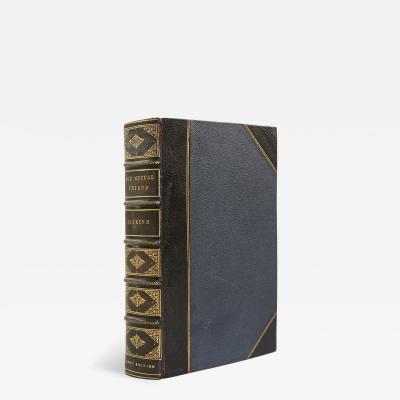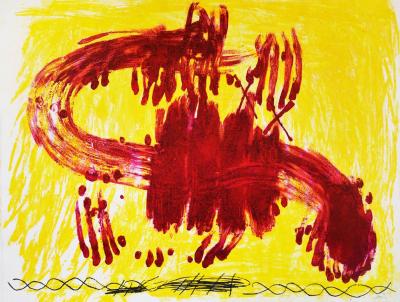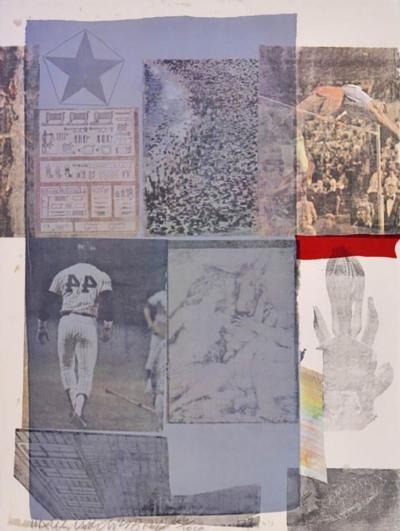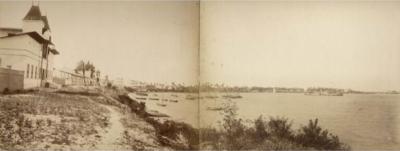- FINE ART
-
FURNITURE + LIGHTING
Shop By Category
Shop By Artist
- NEW + CUSTOM
- DECORATIVE ARTS
-
JEWELRY
Shop By Category
Shop By Artist
- INTERIORS
- MAGAZINE
Showrooms
Automotive design for Alexis Kellner AG Berlin by HERSCHU
Price Upon Request
-
Tear Sheet Print
- Save
- BoardAdd to Board
-
-
Description
HERSCHU (PSEUD.) [SCHULTZ, HERBERT].
Automotive design for Alexis Kellner AG Berlin
Landauline coachwork design by Alexis Kellner AG for the Packard Custom Eight.
Stock Code 97476
1930
£1,500
Finished in dark brown with contrasting light brown coachlines and matching solid disc wheels, presented against a silhouetted skyline of a town with a twin-spired church, this grand 4-door landauline was one of the more luxurious variant designs around the underpinnings of the company's straight-8 engine and drive train. It evolved from the Single Eight, so-called as it replaced the earlier V-12 known as the Double Six. Founded in 1899 by brothers James and William Packard, the eponymous company was not only one of the pioneers of North American motor manufacturing, but soon gained a global reputation for luxury and smoothness. The marque had been selling more models abroad than its competitors in the 1920s, culminating with selling twice as many as its closest rival by 1930. It is little wonder its the Packard received the attention of such creative luxury coachbuilders as Kellner.
Founded by Alexis Kellner (1880-1953) in in Berlin, the eponymous Alexis Kellner AG coachbuilding company's stylish automobile bodywork designs were immediately successful. This was demonstrated by the number of orders he received at the International Motor Show, in Berlin, in 1911. Kellner was noted for his inventiveness of small details, such as a concealed handle behind the driver's seat for quickly and easily raising and lowering the car's roof, concealed bonnet hinges, for aesthetic as well as aerodynamic reasons, and a suitcase mounted on the running board.
The company's success reached its zenith in the 1920s, when it was famed for the luxury bodies it designed for such prestigious manufacturers as Audi, Austro-Daimler, Bugatti, Cadillac, Horch, Maybach, Mercedes, and others. This popularity stemmed from both the highly stylish external lines and the sumptuously appointed interiors. This emphasis on sensuous indulgence was even reflected in the company's pioneering use of nude women in its advertising.
But, as with so many manufacturers dependent on wealth and stability in the market, its fortunes crashed in 1929, and Alexis Kellner was declared bankrupt in 1930. The brand name and patents were sold to arch-rival, Drauz in Heilbronn, against whom Kellner had launched a plagiarism suit in 1920 over a particular body design, who shrewdly maintained the Kellner name for its sales company.
The stylishness of Kellner's coachbuilding was perfectly captured and presented to the public by the artistry of Herbert Schultz. Unlike the flamboyant designs he portrayed so skilfully, Schultz was a modest man, despite being a creative all-rounder. In 1818, as a commercial artist and caricaturist working for the Berliner Tageblatt, he gained the admiration of fellow contributor, the artist George Grosz. Schultz had only recently come to Berlin, having graduated from the Royal Academy of Graphic Arts in Leipzig, followed by a spell at the Kunstakademie in Hamburg.
Schultz's skills as a graphic artist lent themselves perfectly to illustrating promotional catalogues to appeal to Alexis Kellner AG's affluent clientele, which had included the royal household. Always signing his work as 'Herschu', he presented these imposing designs against subtle open country landscapes, glamourous night cityscapes, or floating in isolation against a solid ground.
Following the demise of Alexis Kellner AG, Schultz's ongoing artistic career was finally blocked by the Nazi state when he refused to part with his half-Jewish wife. So the Herschu name faded, as did that of Kellner, only for both to be rekindled now in these recently rediscovered, breathtaking, design.
Gouache and watercolour heightened with gum-arabic on very dark green card, annotated in pale ink with body type below, numbered '75', in upper left corner, German copyright label on verso, 27 x 42 cm (10½ x 16½ in).
Bibliography
Stock ID:97476 -
More Information
Documentation: Signed Period: 1920-1949 Styles / Movements: Modernism Dealer Reference #: 97476 Incollect Reference #: 596283 -
Dimensions
W. 16.54 in; H. 10.63 in; W. 42 cm; H. 27 cm;
Message from Seller:
Shapero Gallery Located in the heart of Mayfair, London, Shapero Gallery specializes in prints and original works on paper, ranging from antique prints to modern pochoir plates and photography. For inquiries, contact us at +44.207.493.0876 or gallery@shapero.com.
Sign In To View Price
close
You must Sign In to your account to view the price. If you don’t have an account, please Create an Account below.
More Listings from Shapero Gallery View all 653 listings
No Listings to show.
- Collection des Fleurs et des Fruits: a Set of Five Floral Designs.
- Suite Catalana, plate 4 by ANTONI TAPIES
- Quatre Lithographies by Willem DE KOONIN
- Metroland. by JULIAN BARNES
- "Really Good" by DAVID SHRIGLEY
- The Temple of El-Karnak, south east. by FRANCIS FRITH
- Poiteau and Turpin: A Group of Four Cherries.
- Video Discs by PETER SEDGLEY
- Our Mutual Friend. by Charles Dickens
- Suite Catalana, plate 3 by ANTONI TAPIES
- Flamingoes at Sunrise, Lake Nukuru, Kenya. by ROGER HOOPER
- Certificate by James Rosenquist
- Suite of Nine Prints by ROBERT RAUSCHENBERG
- Dar-es-Salaam, Tanzania. by C. VINCENTI
- Collection des Fleurs et des Fruits: a Set of Five Floral Designs.
- Suite Catalana, plate 4 by ANTONI TAPIES
- Quatre Lithographies by Willem DE KOONIN
- Metroland. by JULIAN BARNES
- "Really Good" by DAVID SHRIGLEY
- The Temple of El-Karnak, south east. by FRANCIS FRITH
- Poiteau and Turpin: A Group of Four Cherries.
- Video Discs by PETER SEDGLEY
- Our Mutual Friend. by Charles Dickens
- Suite Catalana, plate 3 by ANTONI TAPIES
- Flamingoes at Sunrise, Lake Nukuru, Kenya. by ROGER HOOPER
- Certificate by James Rosenquist



